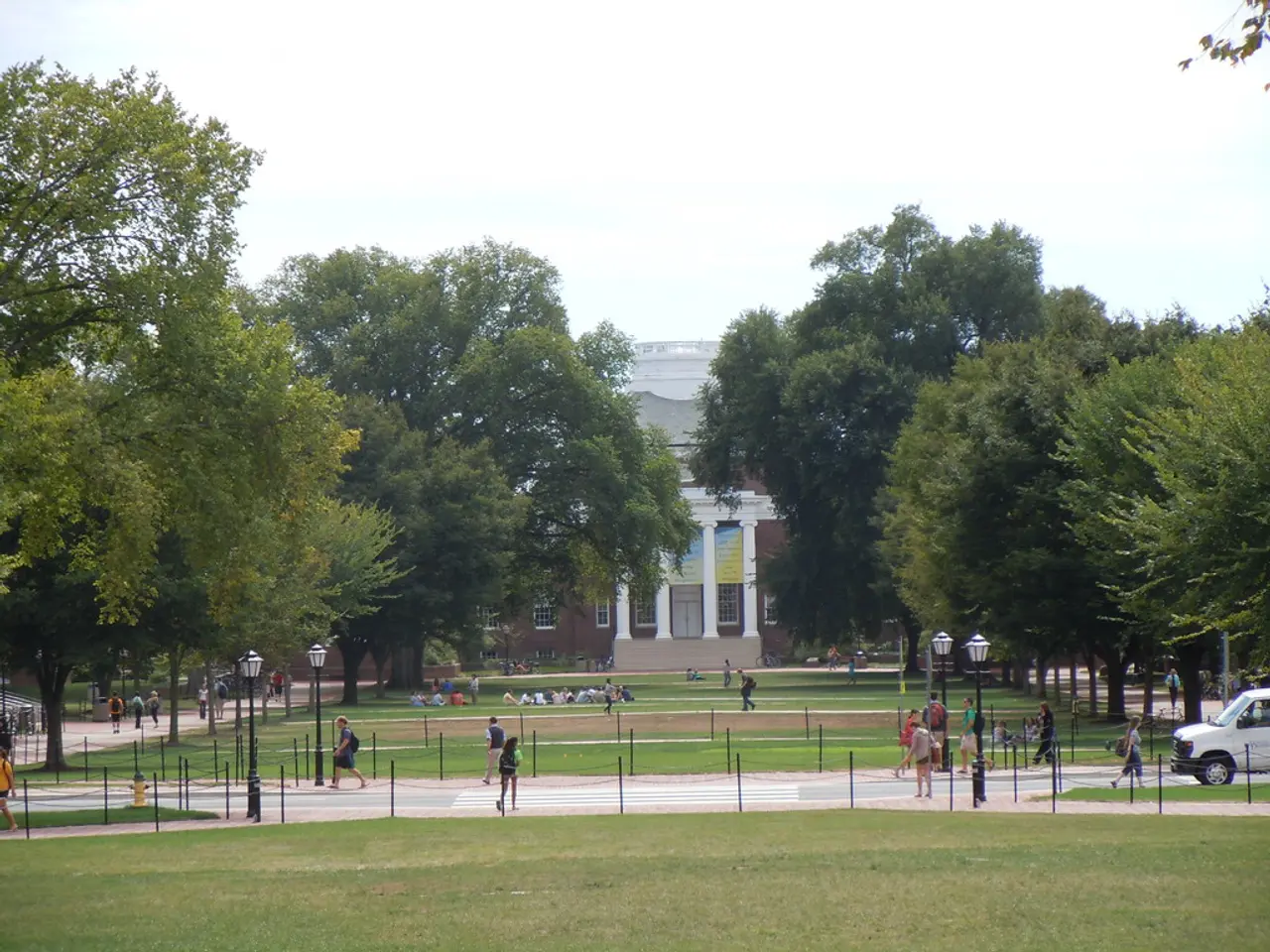Courses rooted in research methodologies instruct students to adopt a scientific mindset online and in the laboratory setting.
Brown University Adapts CURE Program for Remote Learning Amidst COVID-19
In spring 2019, Brown University introduced the CURE program, a unique initiative supported by the School of Public Health and the Warren Alpert Medical School. The program, which specializes in engaging students in original laboratory experiments to address current scientific questions, received backing from a Howard Hughes Medical Institute grant.
However, the specific external scientific institute supporting the CURE program at its launch remains unclear from available search results. Notable researchers involved in the program include Judson A. Brewer, who joined Brown's faculty in 2018 and focuses on habit change and addiction research.
When COVID-19 forced Brown University students to evacuate campus, suspending laboratory work, faculty members had to find creative solutions to continue the CURE courses. Kristina Cohen, a science education specialist, noted that the successful transition of Brown's CURE classes this spring has created a roadmap for designing CURE courses for remote learning environments.
Toni-Marie Achilli, a lecturer in molecular pharmacology, physiology, and biotechnology, adapted her Antibiotic Drug Discovery course to provide students with rigorous data analysis experience despite limited data collection. In Domini's course on the human vision system, students now focus on researching and writing a grant proposal, simulating the application process for National Science Foundation grants.
CURE professors made revisions to their courses to emphasize scientific practices in a virtual world, such as data analysis and critical thinking. Students discuss their proposal drafts with each other via Zoom calls, receiving feedback that informs their final poster presentations.
The Provost's office acknowledges the likelihood of remote teaching and learning continuing for the 2020-21 academic year at Brown. Hannah Joyce, a rising junior who studies cognitive neuroscience, finds the grant project valuable for her future scientific research. Daniel Alber, a rising junior studying applied math, values the long-distance teamwork component of the course, stating that it mirrors the current needs of most researchers.
Alexandra Trouilloud, a rising junior studying biology, noted the importance of flexibility in scientific research due to changes in the Antibiotic Drug Discovery course. Joyce believes the proposal project aligns with the course's original goal of teaching students to think like scientists. Alber appreciates the new emphasis on predictive analysis in the course, stating it helps in anticipating data and results.
The Sheridan Center for Teaching and Learning at Brown provided guidance to CURE professors on remotely teaching lab-based scientific research courses. The Sheridan Center advisors' experience partnering with CURE faculty during the spring transition to remote learning has created a gateway to developing increasingly rich online learning across the science curriculum.
The resulting proposals, according to Domini, show improved theoretical understanding of the material compared to the students' original proposals. The successful adaptation of the CURE program for remote learning demonstrates Brown University's commitment to providing innovative, hands-on learning experiences for its students, even in challenging times.








